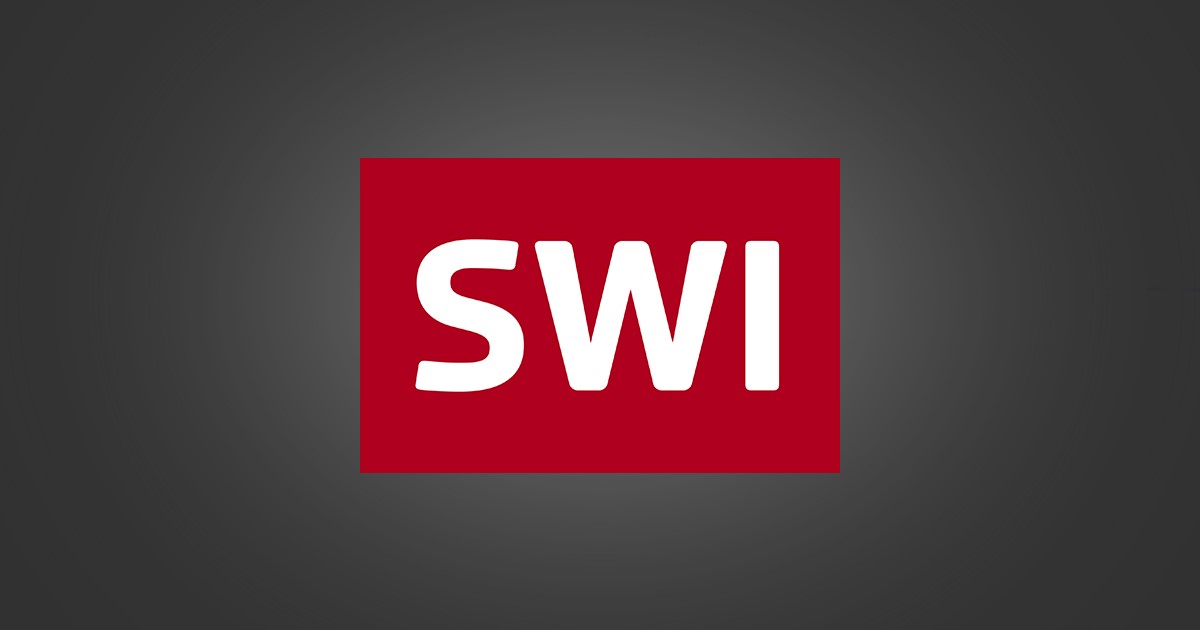Maduro asks Economy Ministry to double credits to farmers

Caracas, July 29 (EFE). – Venezuelan President Nicolas Maduro on Thursday asked Vice President and Minister of Economy Delcy Rodriguez to lead public banks and invite private banks to double credit to agricultural producers “in the lightest of circumstances.”
“I ask you to personally lead the public bank and call the private one and double the credits and financing, under the most benign conditions for all the country’s food producers, agribusiness, and primary producers,” Maduro told Rodriguez during a government decision. .
The president asked him to be aware of “all credits” so that they have “soft terms” and be in bolivar, petros (a cryptocurrency that Maduro launched in 2018 and is sanctioned by the US), the euro or any other cryptocurrency from the world.
“We will use all the cryptocurrencies in the world, Venezuela has worked with cryptocurrencies for 3 years, we have our national currency, the bolivar, and we will take measures to strengthen it in the second semester,” compressed
In this regard, he also requested the promotion of yuan credits in order to “support and embrace all producers of all levels.”
However, the president did not provide details on how to promote the delivery of loans in euros or yuan or how farmers can access them.
Finally, he asked businessmen “who love Venezuela” to come to the Caribbean country.
He concluded by saying, “Come to all the businessmen who love Venezuela, come to all the businessmen who want to produce and develop the capabilities of the productive forces.”
The president of the Venezuelan Council of Trade and Services (Consecomercio), Tiziana Polisil, explained last week to Efe that there is “unfair competition” between imports and national production.
This situation is due to the fact that “while this tax is not levied on a product marketed in Venezuela (…), the national manufacturer of the same product imposes on it all taxes for importing the inputs that need to be manufactured.”
“Before they had to pay taxes to nationalize these products and today they are exempt,” Poulsil explained, which “benefits a sector that was able to import” at “competitive prices.”
Indeed, in 2018, President Nicolas Maduro signed a decree exempting the import of intermediate and finished products from taxes to “accelerate the country’s growth.” Although the exemption was for one year, the decree has been maintained with extensions since then.
Since then, the Venezuelan Confederation of Manufacturing Industries has required that products made in this country have the same benefits as those granted to imported products.
gdl / sb
© EFE 2021. Redistribution and redistribution of all or part of the contents of the Efe Services, without the prior and express consent of EFE SA, is expressly prohibited.

“Award-winning zombie scholar. Music practitioner. Food expert. Troublemaker.”









